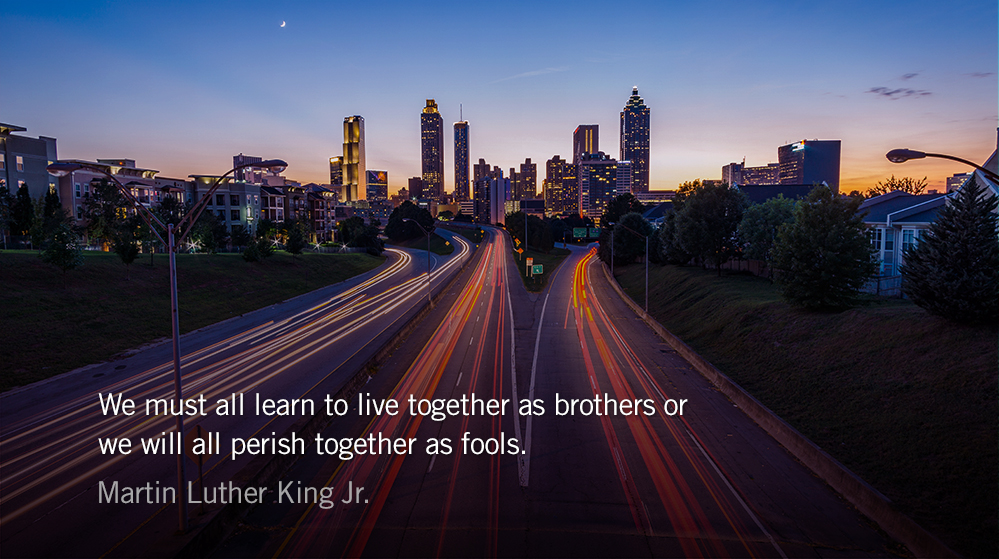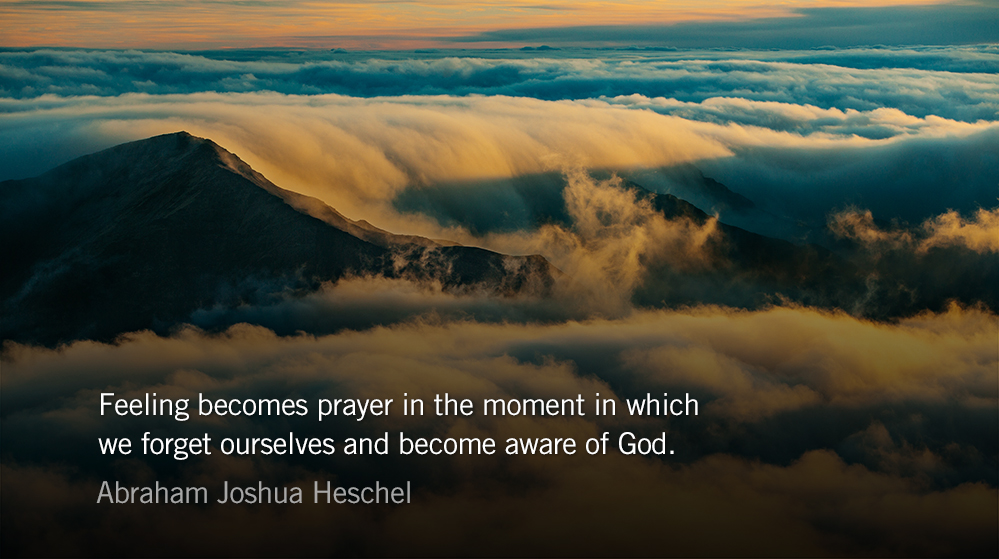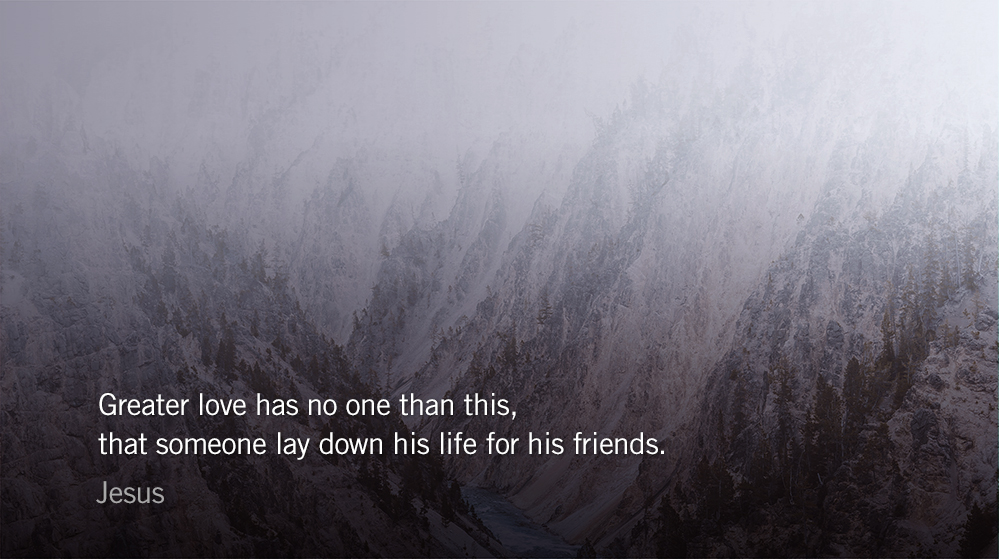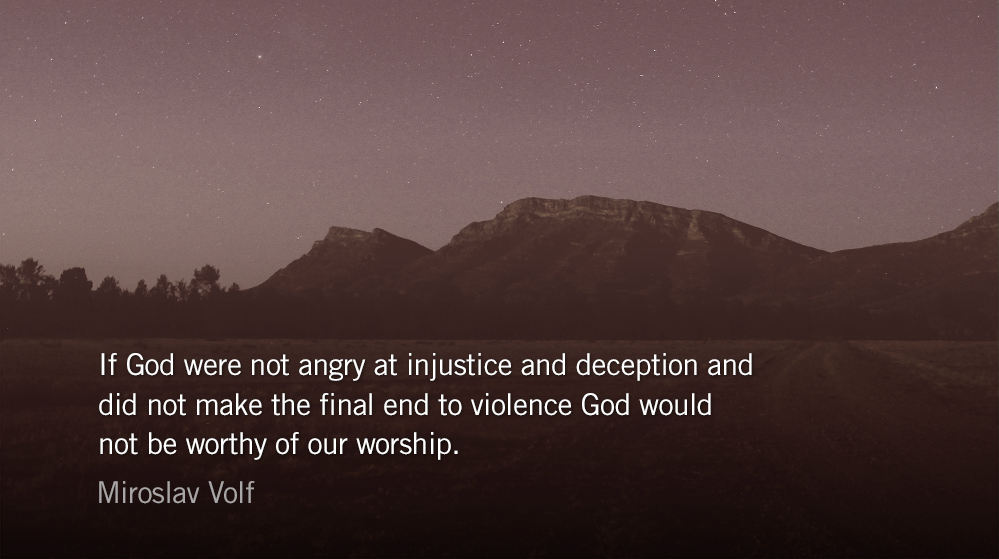At present we are on the outside of the world, the wrong side of the door. We discern the freshness and purity of morning, but they do not make us fresh and pure. We cannot mingle with the splendors we see.
―C.S. Lewis
Scripture: Psalm 37.5-6
Commit your way to the Lord; trust in him, and he will act. He will bring forth your righteousness as the light, and your justice as the noonday.
Reflection: Desertion and Hope
The Park Forum
“As congregational song, hymns were an extraordinary kind of poetry,” notes the Poetry Foundation in their biography page for the hymnist Isaac Watts. “It is no coincidence that Watts, as [the] originator [of hundreds of hymns], was both an accomplished poet and a recognized religious leader and teacher. His admiration of dramatic effects and familiarity with devotional imagery served him particularly well. Indeed, hymns depended for their success on real pleasures, on their value as entertainment. Insipid or obtuse poetry would fail to provoke the desired response.”
For Watts the real pleasure wasn’t simply the craft, at which he was immensely talented, but the glory and beauty of the Savior his words beheld.
“If a transtemporal, transfinite good is our real destiny, then any other good on which our desire fixes must be in some degree fallacious,” writes C.S. Lewis in The Weight of Glory.
Watts found God’s beauty in the community of the church. His hymn drawn from Psalm 42 reveals this even in its alternative title: Complaint of Absence from Public Worship. Desertion from the church lead him to cry out—hope was found when he returned to the wonders of God incarnate in the joy and trial of community.
Today we look at Isaac Watts’ paraphrase about trusting God, from his book The Psalms of David Imitated in the Language of the New Testament, inspired by Psalm 42:
With earnest longings of the mind,
My God, to thee I look;
So pants the hunted hart to find
And taste the cooling brook.
When shall I see thy courts of grace,
And meet my God again?
So long an absence from thy face
My heart endures with pain.
Temptations vex my weary soul,
And tears are my repast;
The foe insults without control,
“And where’s your God at last?”
’Tis with a mournful pleasure now
I think on ancient days;
Then to thy house did numbers go,
And all our work was praise.
But why, my soul, sunk down so far
Beneath this heavy load?
Why do my thoughts indulge despair,
And sin against my God?
Hope in the Lord, whose mighty hand
Can all thy woes remove,
For I shall yet before him stand,
And sing restoring love.
The Call to Prayer
Cast your burden upon the Lord, and he will sustain you; he will never let the righteous stumble. —Psalm 55:24
– From The Divine Hours: Prayers for Springtime by Phyllis Tickle.
Full prayer available online and in print.
Today’s Readings
Numbers 3 (Listen – 6:01)
Psalm 37 (Listen – 4:21)











